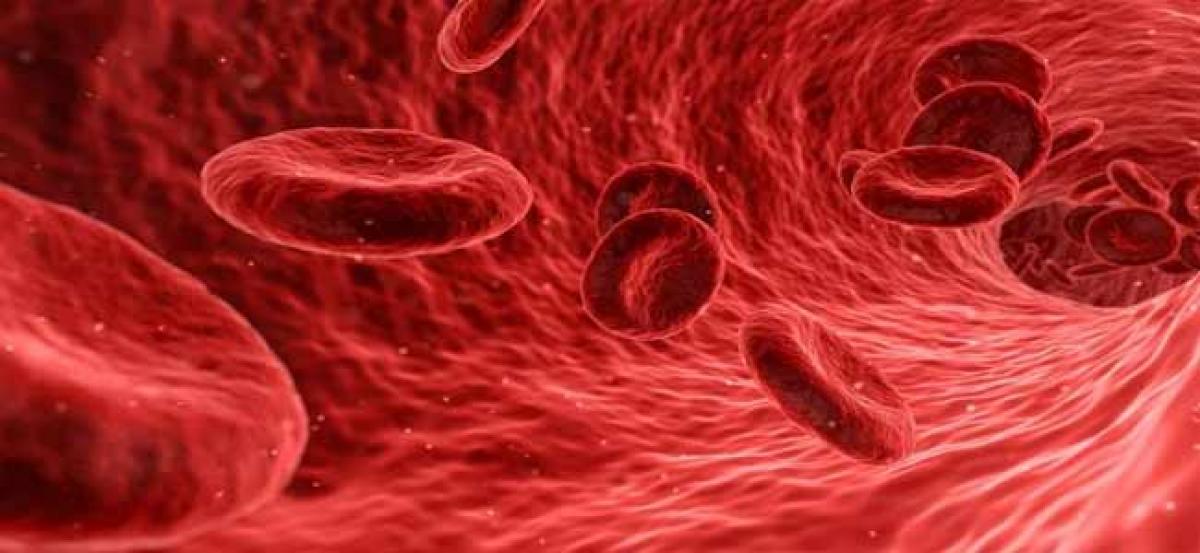Live
- Kodi kathi case accused Srinu joins TDP, thanks all parties for his release
- CM to address public meeting in Kandukur today
- India needs to simultaneously grow hydrogen market and solar power
- Dissecting India’s employment scenario brings forth startling revelations
- Yerragondapalem: YSRCP manifesto has upset people, says Erixion Babu
- Hindi’s powerful voice falls silent
- Narasaraopet: ‘House sites will be sanctioned for pastors’
- I understand struggles faced by people: Waliullah
- AP LAWCET Application Deadline Extended to May 4; Exam on June 9
- BRS turns 23, vows to continue fight for people









